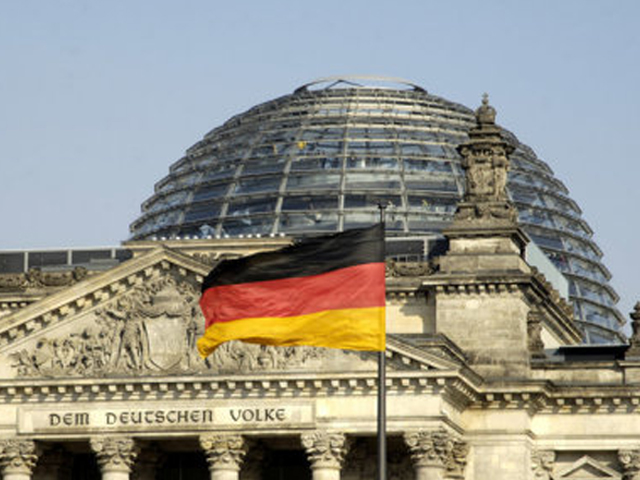To inform this week’s inaugural meeting of the German Bundestag, eco – Association of the Internet Industry has formulated a five-point paper outlining the most urgent Internet policy tasks from the Internet industry’s perspective for the new legislative term. Oliver Süme, eco Director of Policy & Law, calls on members of the Bundestag to look more closely at the opportunities offered by digital technologies: “I urge all Members of the Bundestag to put the technological and economic opportunities offered by digitalization firmly back on center stage and to remove regulatory barriers to new technologies”.
Süme also appeals to Members of the Bundestag to rectify the misguided Internet policy decisions made in the last legislative term: “We have witnessed a very ‘Internet-skeptical’ and restrictive Internet policy in recent years. In many instances, hasty and technically poor decisions have been made, which have led to unbalanced and constitutionally suspect laws. I therefore call on the members of the newly elected Bundestag to campaign for the repeal of both the contentious Act for the Improvement of Law Enforcement in Social Networks (NetzDG) and the Data Retention Act”.
Five Core Demands of the Internet Industry for a Modern Internet Policy
1. Political Status of Digital Transformation:
Greater relevance for the future-oriented topic of Internet policy!
The central issues concerning the topic of digitalization demand a set of policies emanating from a single source. For this reason, eco calls for the consolidation of Internet policy responsibilities in one ministry and for the establishment of a leading steering committee in the Bundestag.
2. Digital Economy & Digital Education:
Rigorously promote the digital transformation of state and economy!
The federal government must finally commit to fully promoting the development, the use, and the dissemination of digital technologies in Germany and should act as pioneers in this sector. In concrete terms, this means: the uncompromising conversion of public administration to e-Government using cloud computing and blockchain technologies; intensive and unbureaucratic support for the digitalization of small and medium-sized enterprises; consistent adaptation of the education and training system to better promote digital skills; connectivity of all schools to the digital infrastructure; and innovation- and competition-friendly regulatory policies.
3. Law & Injustice / Right & Wrong on the Internet:
The state must not shirk its responsibility in prosecuting crimes on the Internet!
Responsibility for sovereign tasks – for example, in the fight against illegal and illicit Internet content – must not be shifted to providers. Instead, the federal government must increase the level of resources in the areas of policing and criminal prosecution. The policy of “take-down instead of blocking” must remain the key political principle when dealing with illegal Internet content. eco therefore calls for the repeal of the highly contentious Act for the Improvement of Law Enforcement in Social Networks (NetzDG) adopted in the last parliamentary term. The liability regime of the e-Commerce Directive must not be undermined. In addition, copyright must finally be re-conceptualized and comprehensively reformed at both European and national level.
4. Digital Infrastructure & Networks:
Gigabit society by 2025!
A rapid expansion of digital infrastructure is the most important prerequisite for international competitiveness and the future sustainability of Germany as an industry location. eco therefore demands that the gigabit society become a reality by the year 2025. Companies and universities must have direct connection to multi gigabit-capable networks and direct connectivity to the fiber optic infrastructure.
5. Security & Trust on the Internet:
Regulate IT security and data protection at European level and do not counteract progress through state surveillance measures!
The Internet does not stop at national borders. Regulations for the enforcement of IT security and data protection must therefore be developed at European level and in cooperation with industry. Specific national approaches, for example in liability matters, are counterproductive and harm Germany as an industry location.
eco urges the federal government to keep state surveillance and access to personal data to the absolute minimum necessary and to consistently promote end-to-end encryption, without master keys and state-mandated backdoors. Keeping security loopholes such as zero-day exploits open thwarts companies’ efforts to improve IT security, weakens cyber security, and undermines users’ confidence in the Internet and in German Internet companies. The law passed in the last legislative term to reintroduce the controversial blanket data retention must be revoked, as must Lawful Interception at the Source with its deployment of State Trojans.
The complete Internet Policy Agenda with its total of 30 core demands of the Internet Industry for a modern Internet policy is online here for download in the German language in a short and a long version.



